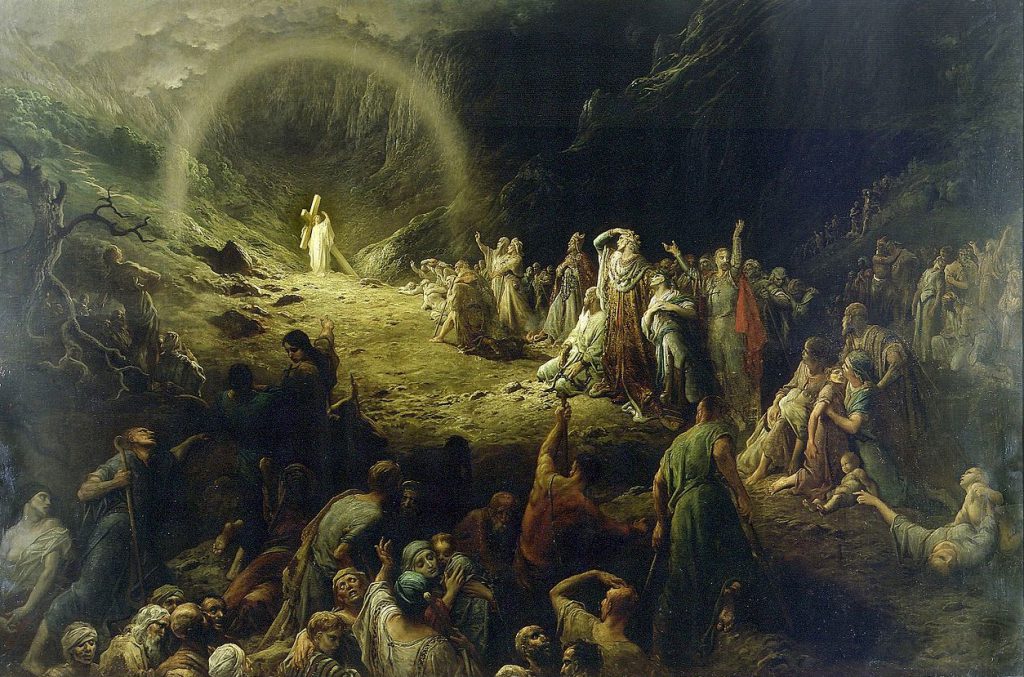
Published September 26, 2019
Mass attendance is down. Financial contributions at the parish and diocesan levels are down. Catholic marriages and infant baptisms have been plummeting for years. Most of these trends did not begin with the abuse crisis, but anecdotal evidence from the last year suggests that the crisis has accelerated these trends.
Who will restore the Church? Where will the renewal we all know is needed – and which we all long to see – come from? From the bishops? From Rome? I have said many times: If it is to come at all, authentic reform in the Church will come through and with the bishop of Rome and the bishops in communion with him. For those with faith, this is little less than a tautology. It just doesn’t get us very far.
Trusting that the Lord will preserve his Church doesn’t require us to believe or expect that reform will spring from Rome or begin at the initiative of one of the successors of the Apostles. History tells us that most great ecclesial reforms have not begun with the pope. Most great reforms have not begun with bishops. The pattern, always, is that renewal begins with sanctity, wherever it is found.
Sanctity is not the province of the clergy. Let me rephrase that: sanctity is not only for those in holy orders. The call to sanctity is universal, extending to all the baptized, indeed to all humanity. I was once at a conference where someone was commenting on something Pope Francis had said about holiness. A prominent social justice activist sitting beside me scoffed: “I’ve never thought about holiness a single day in my life.” I was inclined to believe her.
And why not? There is a lot of good work to be done in this vale of tears and a lot of that good work doesn’t require even a smidgen of holiness. Being a decent person doesn’t require us to strive to be perfect as our Father in heaven is perfect. But we’re called to more, much more.
In his very first homily as pope, Francis warned the men who had just elected him against the futility of good works that don’t proclaim Christ:
We can build many things, but if we do not profess Jesus Christ, things go wrong. We may become a charitable NGO, but not the Church, the Bride of the Lord. When we are not walking, we stop moving. When we are not building on the stones, what happens? The same thing that happens to children on the beach when they build sandcastles: everything is swept away, there is no solidity.
If we forget this – if our efforts, however well intentioned, become separated from the proclamation of the Good News – then our efforts will not fail, they will be make things worse: “When we do not profess Jesus Christ,” Pope Francis says, “we profess the worldliness of the devil, a demonic worldliness.”
The point is this: the work of restoring the Church – addressing the urgent needs of the moment, earnestly seeking justice, restoring the battered Body of Christ – does not come before the work of proclaiming the Gospel. These works are one and the same. Now, in this moment of crisis, is not the time to set aside the work of evangelization in order to deal with seemingly more pressing problems: “Let the dead bury their own dead. You go and proclaim the Kingdom of God.”
Archbishop Charles Chaput of Philadelphia put it beautifully. His words were spoken in 2012, but seem perfectly suited for today:
Sin is part of the human terrain and a daily challenge to our discipleship. And if our hearts are cold, if our minds are closed, if our spirits are fat and acquisitive, curled up on a pile of our possessions, then the Church in this country will wither. It’s happened before in other times and places, and it can happen here. We can’t change the world by ourselves. And we can’t reinvent the Church. But we can help God change us. We can live our faith with zeal and conviction – and then God will take care of the rest.
The Lord is purifying his Church. Good, we say. It’s about time, we say. But are we willing to let Him purify us? Can we really expect the Church to undergo purification and at the same time expect that we, who are part of the Church, should be spared the pain and anguish of that purification?
Who will restore the Church? He will. And if we are willing, he will accomplish great things through us. All it will cost is everything – which in the end, is nothing.
Take, Lord, and receive all my liberty, my memory, my understanding, and my entire will, All I have and call my own. You have given all to me. To you, Lord, I return it. Everything is yours; do with it what you will. Give me only your love and your grace, that is enough for me. (A Prayer of St. Ignatius of Loyola)
© 2019 The Catholic Thing.
Stephen P. White is a fellow in Catholic Studies at the Ethics and Public Policy Center in Washington.




